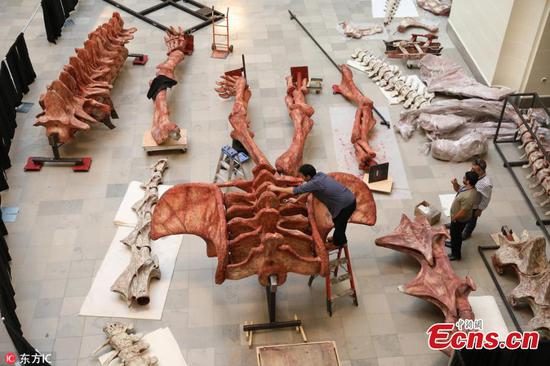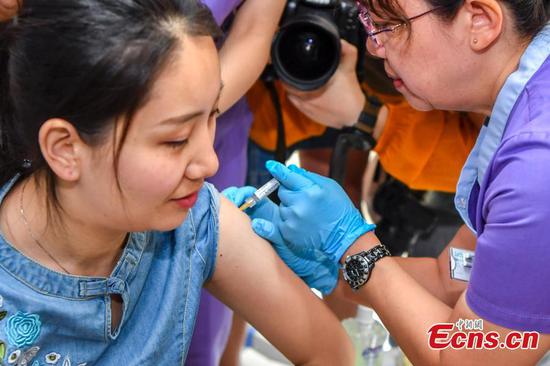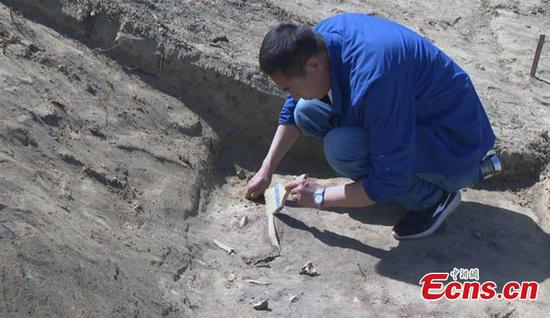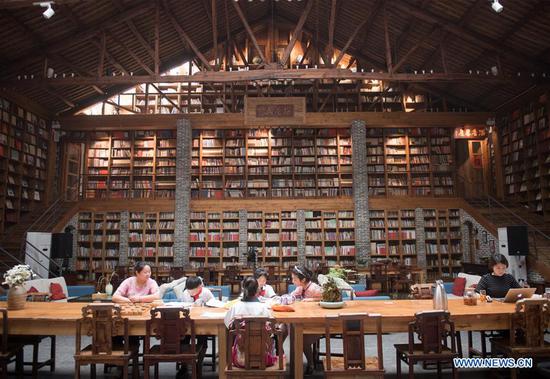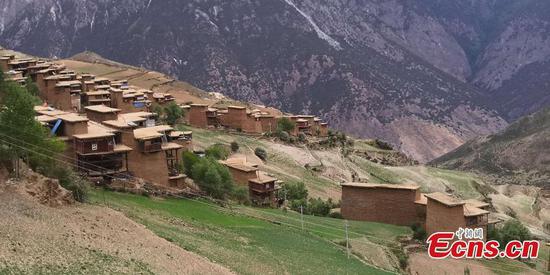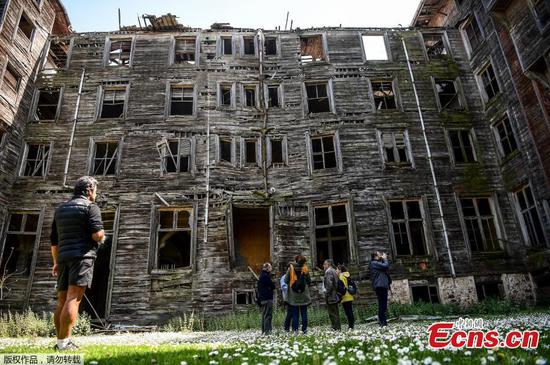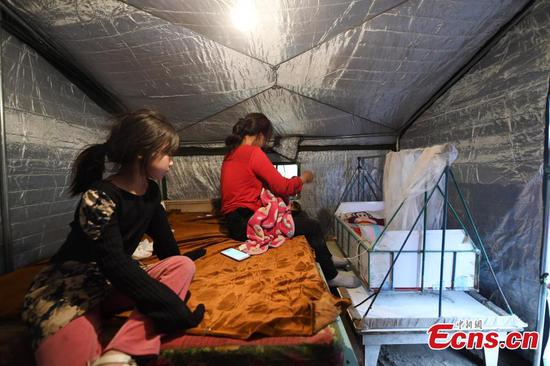The World Health Organization (WHO) has issued travel advice for international travelers in relation to the current Ebola outbreak in the Democratic Republic of the Congo (DRC), following the latest disease development as of Wednesday.
Generally, risk of contracting Ebola disease to travelers to the DRC is low, the WHO said, as people are only infectious after they have developed symptoms, including fever, weakness, muscle pain, headache and sore throat.
The UN health agency advises that travelers to the DRC consult a travel medicine clinic or medical practitioner at least four to eight weeks before the journey. The consultation should include information about the most important health risks, determine the need for any vaccinations and antimalarial medication, and identify any other medical items that the traveler may require.
To minimize the risk of infection, travelers in the affected areas should practice regular hygiene, especially hand hygiene with soap and water, and if not available, with an alcohol-based hand rub solution (hand sanitizer). They also need to practice hand hygiene especially before touching eyes, nose or mouth, and after using the toilet or touching objects at high risk of being contaminated. Safe sex is required too.
If symptoms consistent with Ebola disease develop, travelers should seek immediate medical attention. According to the WHO, first symptoms are the sudden onset of fever, fatigue, muscle pain, headache and sore throat. This is followed by vomiting, diarrhea, rash, symptoms of impaired kidney and liver function, and in some cases, both internal and external bleeding.
The latest WHO statistics show that from April 4 through May 27, 2018, a cumulative total of 54 Ebola virus disease (EVD) cases including 25 deaths have been reported from three health zones in Equateur Province of the DRC. The total includes 35 confirmed, 13 probable and six suspected cases. Since the launch of the vaccination intervention on May 21, a total of 462 people have been vaccinated.
Despite the current situation, the WHO has decided that the conditions for a Public Health Emergency of International Concern have not currently been met in the DRC. It continues to advise against the application of any travel or trade restrictions.
The WHO has assessed the public health risk to be very high in the DRC, and high at the regional level. At the global level the risk currently remains low.









